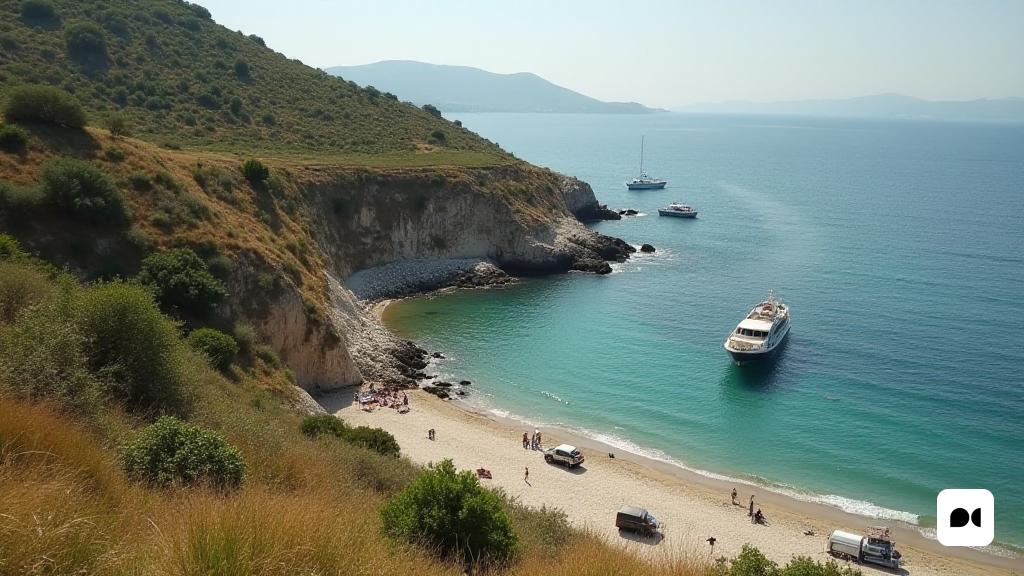The Context of Migration in Europe
In 2020, a group of migrants disembarked in Mytilene, on the island of Lesbos, only to be met by Greek police, who questioned them about who had been in command of the boat. With no interpreters or lawyers present, and still reeling from the journey, the migrants faced a judicial system that accused them of facilitating irregular migration. This system, which seeks to hold victims accountable, has created a climate of fear and instability.
Cases of Criminalization: A Common Pattern
A few months after these events, a Catalan activist was arrested in Lesbos, with identity documents that were not hers. Accused of facilitating irregular migration, her case, known as S.O.M., has been postponed several times and remains unresolved. The penalties for these charges are severe, with a minimum of two and a half years in prison and fines that can exceed 13,000 euros.
A Control Tool: Migration Facilitation
Since the implementation of the Facilitators Package in 2002, the European Union has criminalized actions that allow the entry or residence of migrants without authorization. This confusion between facilitation and human trafficking has allowed European states to deflect responsibility for their actions, blaming those who try to help migrants.
Impact on Migrant Communities
Every year, thousands of migrants are arrested and sentenced to long prison terms in Greece, Italy and Spain. A recent study found that 1,374 migrants were arrested in Greece in 2022 for facilitating migration, making them the second largest group in prison. Trial irregularities are common, with witnesses often unreliable and evidence insufficient.
The Consequences for the Accused
Defendants in the Canary Islands, for example, can spend up to 300 days in detention before a trial, and those who are acquitted often find it difficult to access humanitarian aid. Their administrative situation is greatly complicated by convictions, even when they are innocent.
The Criminalization of Activists
The laws not only affect migrants, but have also begun to persecute activists and organizations working to help them. With 117 cases open in Europe, the pressure on those trying to provide humanitarian support has intensified, creating a climate of fear and self-censorship.
The Impact of Criminalization
Support actions have decreased drastically, and mortality among migrants has increased due to the lack of assistance. UNHCR data indicates that the mortality rate on the crossing from Libya to Europe has skyrocketed, putting the lives of thousands of people at risk.
An Uncertain Future
As the situation at European borders becomes more critical, current laws continue to be an obstacle to the defense of human rights. Recently, there has been a debate about the legality of facilitation laws, with hopes that they can change. Movements such as the Captain Support Network are working to offer support and resistance to this criminalization.
The fight for freedom of movement is becoming one of the great challenges of our time, with activists and migrants fighting for a more just and humanitarian future in Europe. The current situation demands a deep reflection on our migration policies and the responsibility we have towards those seeking a better life.

